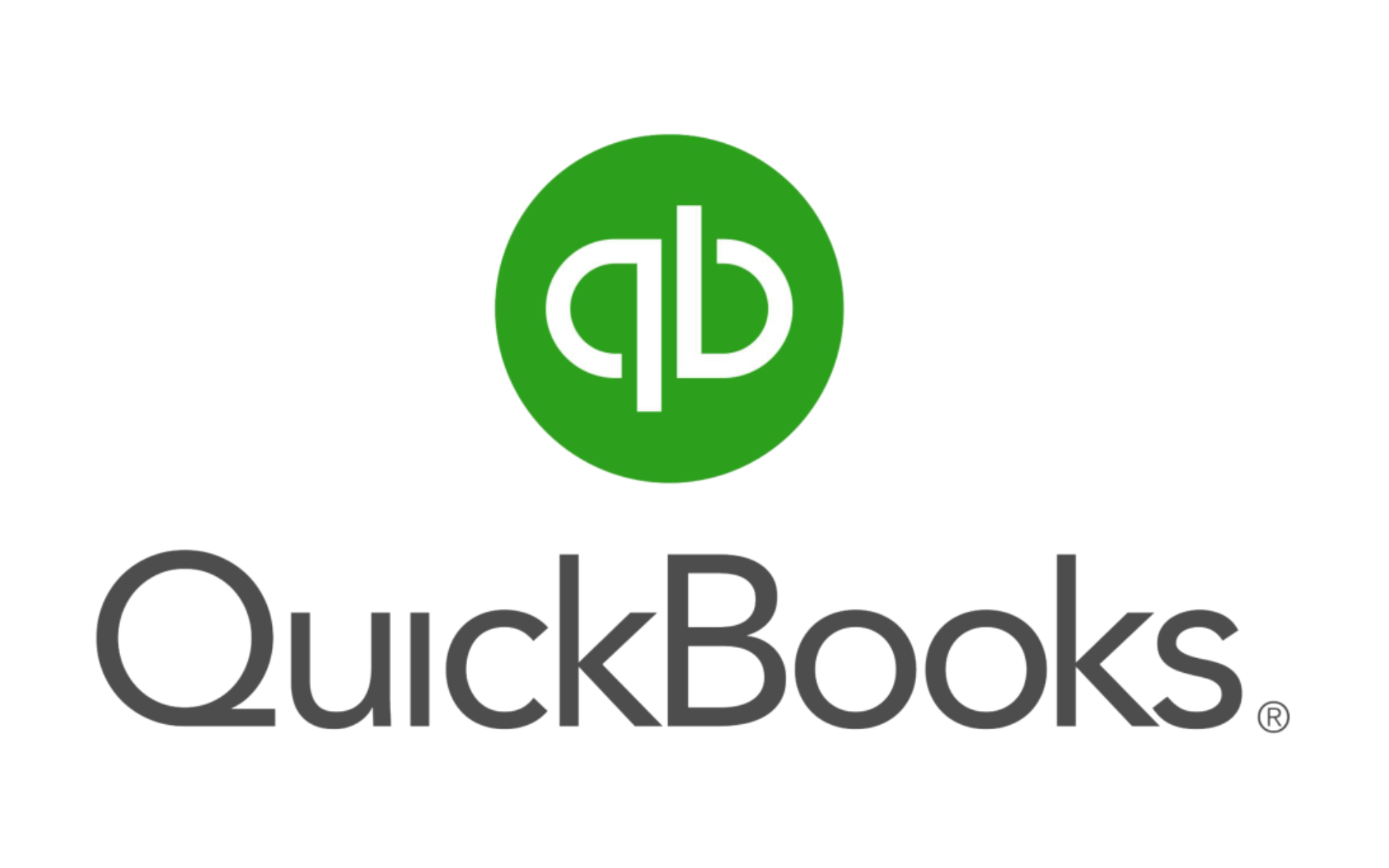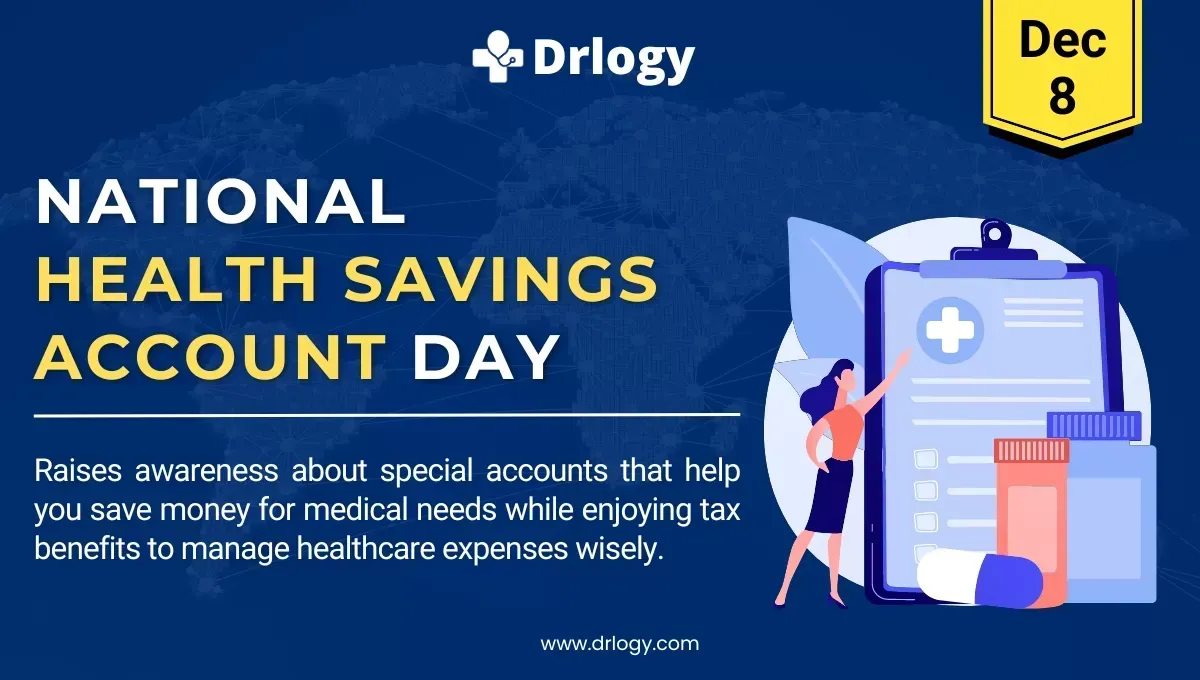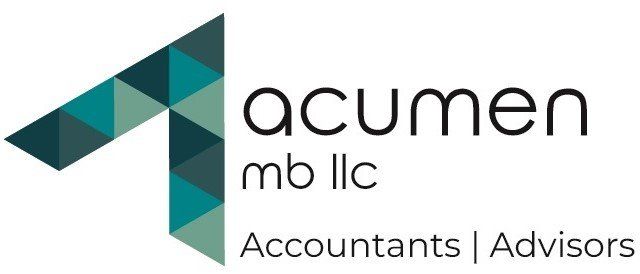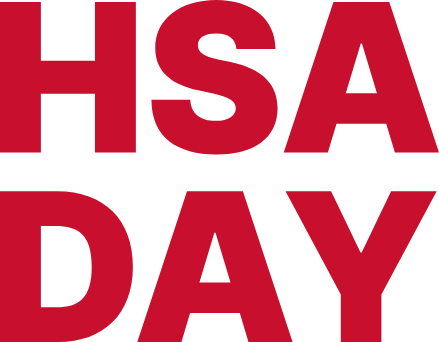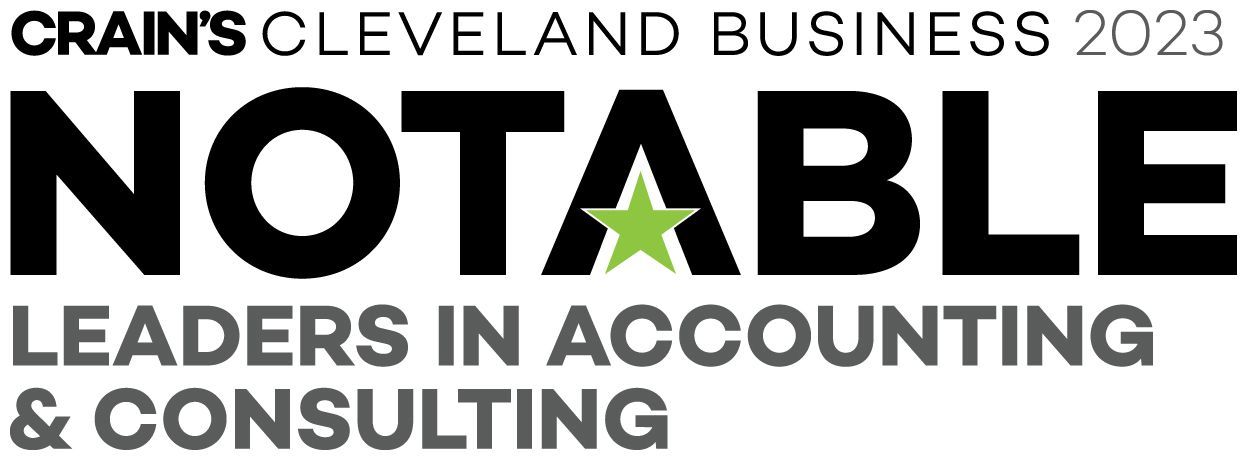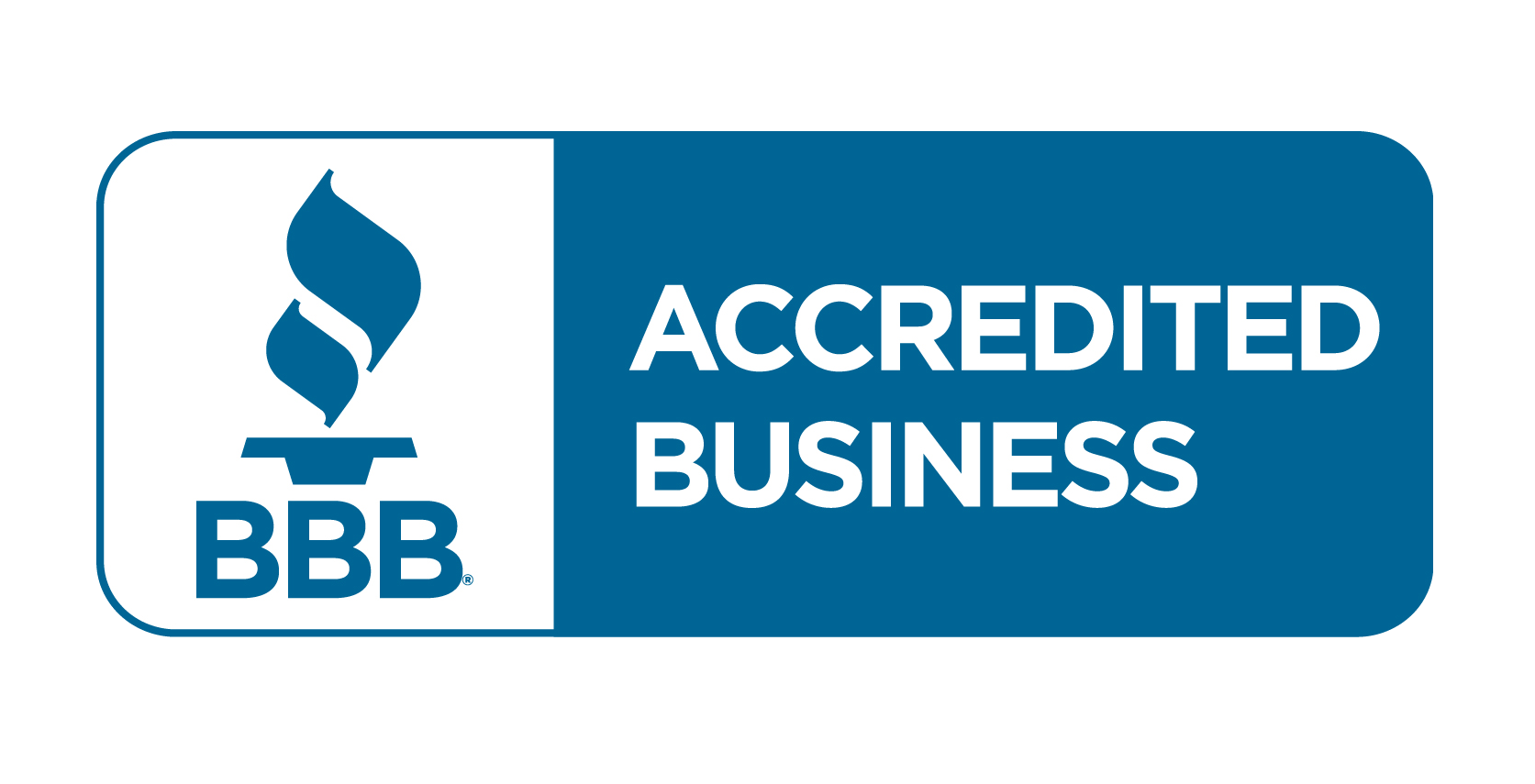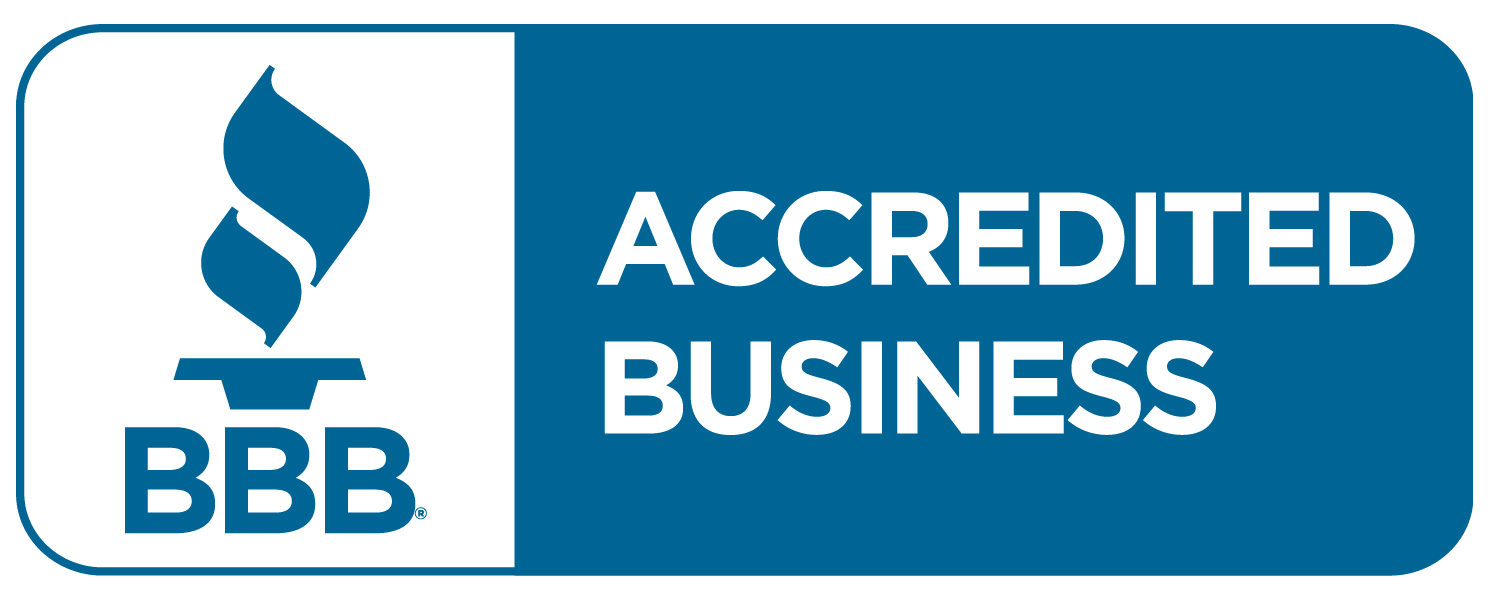Maximizing Your Health Savings Account (HSA): A Smart Financial Move
At Acumen MB LLC, we often talk about the importance of making your money work harder for you, and one of the best tools to help you save on both healthcare costs and taxes is the Health Savings Account (HSA). As we celebrate HSA Day, let’s explore how HSAs can be a powerful financial and tax-saving vehicle.
What is an HSA?
A Health Savings Account is a tax-advantaged savings account designed to help individuals and families save for qualified medical expenses. To be eligible, you must be enrolled in a high-deductible health plan (HDHP). The funds you contribute to your HSA can be used to pay for a variety of medical expenses, from doctor’s visits to prescriptions and even certain over-the-counter items.
The Triple Tax Advantage
What makes HSAs particularly appealing is the “triple tax advantage”:
1. Tax-deductible contributions – Contributions you make to your HSA are deductible from your gross income, reducing your taxable income.
2. Tax-free growth – Any interest or investment earnings on your HSA funds grow tax-free.
3. Tax-free withdrawals – Withdrawals for qualified medical expenses are tax-free, ensuring you maximize your healthcare savings without facing additional tax burdens.
Maximizing Contributions
For 2024, individuals can contribute up to $4,150 to their HSA, while families can contribute up to $8,300. If you’re over the age of 55, you’re eligible for an additional $1,000 catch-up contribution. By contributing the maximum, not only do you reduce your taxable income, but you also ensure that you’re better prepared for future medical expenses.
Why It Matters for Your Taxes
HSAs aren’t just a tool for covering medical expenses; they’re also a strategic tax-saving opportunity. Every dollar you contribute to your HSA reduces your taxable income, potentially lowering the tax bracket you’re in. And unlike a Flexible Spending Account (FSA), your HSA funds don’t expire at the end of the year – they roll over indefinitely, allowing you to build a healthcare nest egg.
Moreover, if you’re using an HSA as part of your retirement planning strategy, it can act as a backup retirement account. After age 65, you can withdraw HSA funds for non-medical expenses without penalties, though you’ll pay income tax on those withdrawals (much like a traditional IRA).
The Role of Accounting in Managing Your HSA
For business owners, incorporating an HSA into your company’s benefits package can provide significant tax savings for both you and your employees. And for individuals, tracking your HSA contributions and withdrawals properly is crucial to avoid penalties and ensure you’re maximizing your tax benefits.
At Acumen MB LLC, we work closely with our clients to help them understand how to best utilize HSAs, navigate IRS regulations, and make sure they’re taking full advantage of the tax benefits.
Need Help?
Whether you’re considering opening an HSA, looking to maximize your contributions, or simply want to understand how HSAs can fit into your overall financial plan, our team at Acumen MB LLC is here to help. Let’s work together to optimize your healthcare savings and lower your tax bill.
